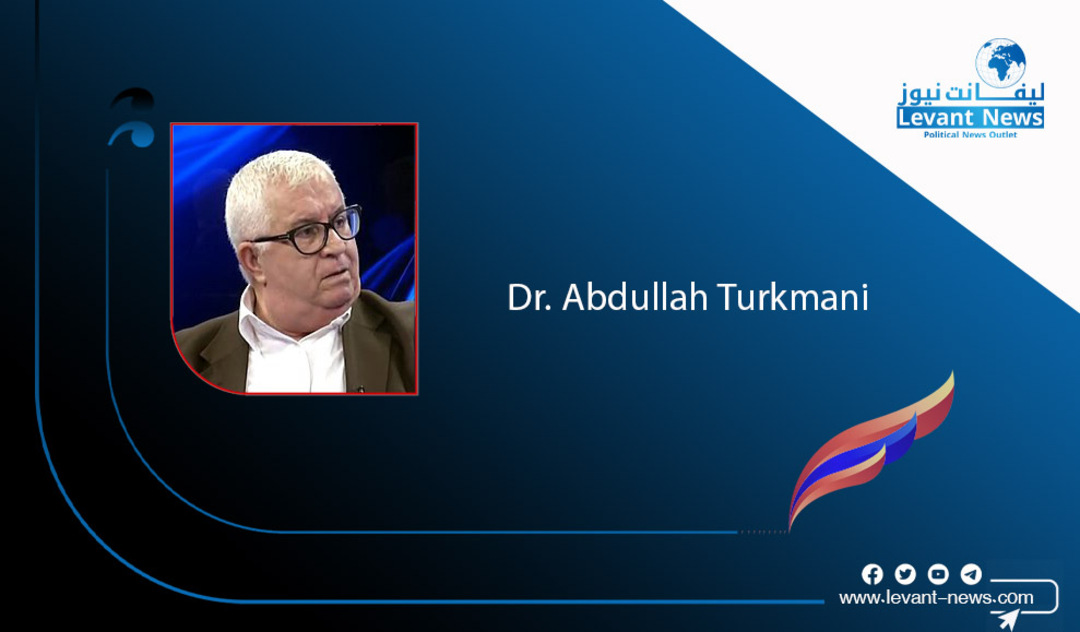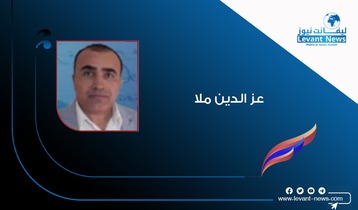-
Structural Challenges of the Transitional Government in Syria

The announcement of the formation of the transitional government is considered an important step toward rebuilding the new Syrian state. Despite the positive aspects of having young individuals with academic qualifications in the government compared to the previous caretaker government, the administration seems determined to stick to its motto "Those who liberate decide," proclaimed at the "Victory Conference," by solidifying its leadership during this phase and ensuring that the keys remain in its hands, as it controls nine ministries, including the sovereign ones (defense, foreign affairs, interior, and justice), seven of which are from the rescue government in Idlib, some of whom are listed on terrorist lists. This raises concerns about empowering its own agenda, which does not respond to the challenges facing Syrians amidst complex realities both internally and externally.
The promises made by the ministers will be tested, especially after the restructuring and expansion of some of their sectors, which may impact the essence of their work and their ability to meet the requirements for economic and social viability.
On the other hand, there is a national and sectarian diversity in the ministerial composition; however, it does not reflect a true representation of democratic-leaning intellectual and political currents. In times when we need national reconciliations to rebuild the third Syrian republic, discussing a "technocratic government" cannot be viewed as a realization of these reconciliations. It appears that its mission is to implement the instructions of the transitional phase head, and it is facilitated by the nine ministers forming an influential bloc to carry out these directives.
The new government faces numerous internal tasks, the foremost of which is alleviating the burdens of living on citizens. The decision by the Ministry of Foreign Affairs to establish a “General Secretariat for Political Affairs” to manage political life is seen as a precursor to limiting public freedoms and a preemptive confiscation of the law governing the formation of parties and civil society organizations under the Ministry of Social Affairs and Labor. This may lead us back to the practices of the overthrown authoritarian regime rather than preparing for a democratic transition that ensures the freedom and dignity that characterized the outbreak of the Syrian revolution in March 2011.
Moreover, the statement by Fatwa Council member Sheikh Naeem Arqsousi, regarding the council's role to "monitor laws and the decisions of ministers and other decisions that may be issued by officials which could contradict Islamic jurisprudence," reflects a vision that poses a challenge to the future of the political transition process, although his subsequent assertion that he expresses his personal opinion does not negate this challenge.
Despite all the aforementioned issues, the government has urgent internal tasks ahead, primarily to reduce the cost of living for citizens. The World Food Program reported at the end of 2024 that around 13 million Syrians suffer from food insecurity. The gravity of this situation lies in the fact that increasing poverty creates an environment suitable for threatening civil peace, making it the government’s primary duty to unite all components of Syrian society under the banner of inclusive Syrian nationalism. This could involve initiating an independent transitional justice body to mitigate security chaos against citizens in the coastal regions and to open avenues for rebuilding trust among all components of the Syrian people.
In terms of foreign policy, there are numerous challenges, stemming from an evolving Middle Eastern system, in addition to the international community's demands placed upon the new administration.
It is too early to pass premature judgments on the government, as the Syrian people are waiting to see the implementation of the visions and programs announced by the president and ministers.
Will we respond to the major risks recently pointed out by Mr. Ayman Al-Asfari, especially concerning the monopolization of power, the dominance of religion over politics, and foreign leaders controlling key positions in the military and security sectors? And what about the roadmap he announced for a new Syria reaching the levels of Singapore and Malaysia?
We need to believe that the state must be a public space for all citizens governed by mutually agreed-upon law, implying that competent, national, and credible individuals should be prioritized over those who claim allegiance, even if some are alleged to hold university degrees.
In any case, it is undoubtedly premature to issue value judgments on the government; the Syrian people are awaiting the realization of the visions and programs announced by the president and ministers. They hope that the transitional leadership recognizes the necessity of moving away from ideological alignments toward cooperation, aiming to leverage all available human and economic resources to rebuild the future of Syria.
Abdullah Turkmani
You May Also Like
Popular Posts
Caricature
BENEFIT Sponsors BuildHer...
- April 23, 2025
BENEFIT, the Kingdom’s innovator and leading company in Fintech and electronic financial transactions service, has sponsored the BuildHer CityHack 2025 Hackathon, a two-day event spearheaded by the College of Engineering and Technology at the Royal University for Women (RUW).
Aimed at secondary school students, the event brought together a distinguished group of academic professionals and technology experts to mentor and inspire young participants.
More than 100 high school students from across the Kingdom of Bahrain took part in the hackathon, which featured an intensive programme of training workshops and hands-on sessions. These activities were tailored to enhance participants’ critical thinking, collaborative problem-solving, and team-building capabilities, while also encouraging the development of practical and sustainable solutions to contemporary challenges using modern technological tools.
BENEFIT’s Chief Executive Mr. Abdulwahed AlJanahi, commented: “Our support for this educational hackathon reflects our long-term strategic vision to nurture the talents of emerging national youth and empower the next generation of accomplished female leaders in technology. By fostering creativity and innovation, we aim to contribute meaningfully to Bahrain’s comprehensive development goals and align with the aspirations outlined in the Kingdom’s Vision 2030—an ambition in which BENEFIT plays a central role.”
Professor Riyadh Yousif Hamzah, President of the Royal University for Women, commented: “This initiative reflects our commitment to advancing women in STEM fields. We're cultivating a generation of creative, solution-driven female leaders who will drive national development. Our partnership with BENEFIT exemplifies the powerful synergy between academia and private sector in supporting educational innovation.”
Hanan Abdulla Hasan, Senior Manager, PR & Communication at BENEFIT, said: “We are honoured to collaborate with RUW in supporting this remarkable technology-focused event. It highlights our commitment to social responsibility, and our ongoing efforts to enhance the digital and innovation capabilities of young Bahraini women and foster their ability to harness technological tools in the service of a smarter, more sustainable future.”
For his part, Dr. Humam ElAgha, Acting Dean of the College of Engineering and Technology at the University, said: “BuildHer CityHack 2025 embodies our hands-on approach to education. By tackling real-world problems through creative thinking and sustainable solutions, we're preparing women to thrive in the knowledge economy – a cornerstone of the University's vision.”
opinion
Report
ads
Newsletter
Subscribe to our mailing list to get the new updates!






















